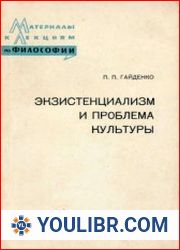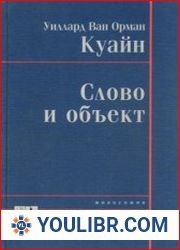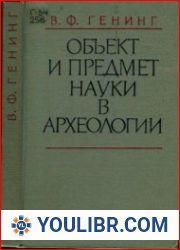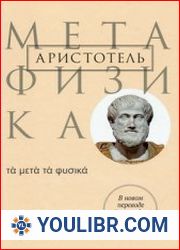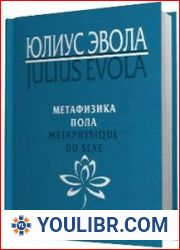
BOOKS - HUMANITIES - Четвероякий объект Метафизика вещей после Хайдеггера...


US $9.50

669274

669274
Четвероякий объект Метафизика вещей после Хайдеггера
Author: Грэм Харман
Year: 2015
Number of pages: 150
Format: PDF
File size: 27 MB
Year: 2015
Number of pages: 150
Format: PDF
File size: 27 MB
American philosopher Graham Harman, one of the main representatives of "speculative realism," draws a grandiose, but at the same time strange and confusing universe of objects, excluding the privilege of the "human view" of things. Hammers, lightning flashes, people, tigers, blueberry pies, hailstones, perceptions of something, lumps of dirt and the East India Company, together with the Milky Way, are placed here on the same ontological plane and thereby turn out to be equivalent. Objects get into adventures, seduce each other, form alliances, form new objects, sleep, or endlessly escape from any relationship. Based on this, object-oriented philosophy (OOF) has often been criticized for superficiality, following fashion despite logical rigor, and even panpsychism. But behind the visibility of the popular and extravagant, it hides something more. And the book "The Four-Edged Object" is important primarily in two ways. First, it is a clear and verified statement of the basic principles of the POF. It is in the same relation to Harman's ontology as, for example, the "Manifesto of Philosophy" to A. Badyu's "Being and Event." Secondly, the POF itself (even if we ignore the many versions of object-oriented ontology that have arisen, both under its influence and without it) is a rather heterogeneous enterprise. This book marks a certain stage in the development of Harman's own views. Reading the "Four-sided object" in the light of these circumstances will answer the question: what really brought new POF to modern philosophy, and what turned out to be a conservative reversal?










